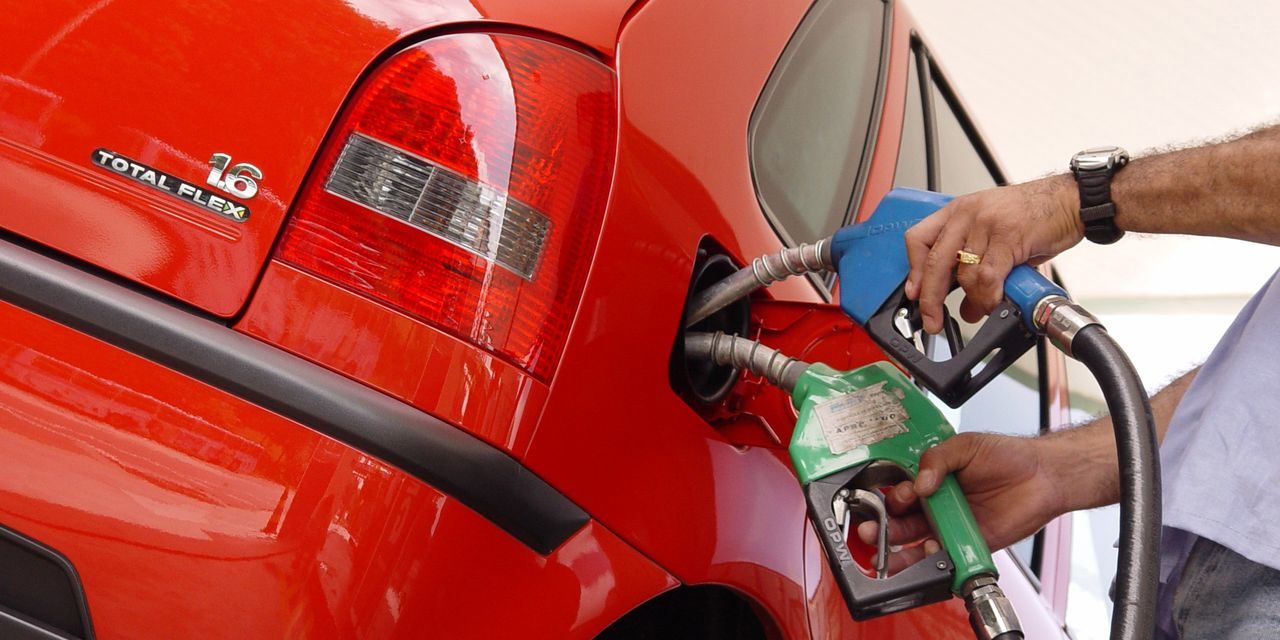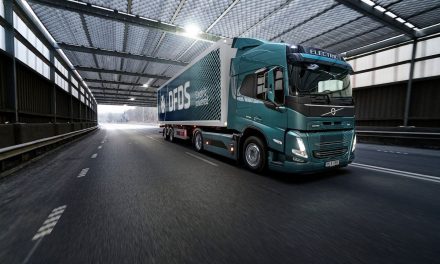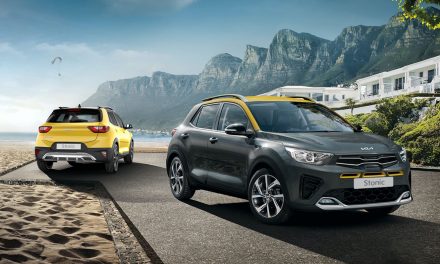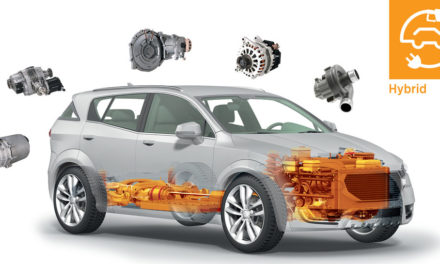By Pedro Kutney | Translated by Jorge Meditsch
Automotive industry executives and engineers say almost unanimously that Brazil doesn’t need to run after electrifying its vehicles because it is the country with the most comfortable and privileged condition to fastly reduce its fleet’s greenhouse effect gases emissions, doing simply what it has been doing for more than forty years: use ethanol.
But this is a half-truth. The through half is that, in fact, the biofuel is really an efficient, viable and much cheaper alternative than electrification to decarbonize vehicle emissions because the ethanol widely known, produced and distributed here is almost CO2 neutral – 80% to 90% of its emissions can be reabsorbed by the plantations of sugarcane, its main raw material.
The part that falls short of the truth is that to be an effective solution, ethanol must be used with all its potential, which currently does not happen. The biofuel represents just 45% of the fuel consumption of the estimated 34 million flex-fuel vehicles in the country – and would be much less if it was not mandatory to mix 27% of anhydrous ethanol with the gasoline used in Brazil.
According to data from ANP, National Petroleum, Gas and Fuels Agency, in 2021, 17 billion liters of hydrated ethanol were consumed in Brazil – the so-called E100 – and more than double, 39.3 billion liters of C gasoline, with 27% of anhydrous ethanol, equivalent to about 10.5 billion liters. It means that the main choice here is still the fossil fuel, even being the alcohol-added E27.
The price is not worth it
82% of the cars currently sold in the country have flex-fuel engines, and since 2003, these models sum close to 40 million automobiles and light commercial vehicles. About 34 million vehicles can be fueled with ethanol and or gasoline mixed in any proportion. Nonetheless, most of these cars use only E27 gasoline because the price of ethanol does not compensate in most Brazilian states.
As ethanol consumption is, on average, 30% higher than gasoline, the biofuel should cost no more than 70% of the fossil fuel price to be competitive. Currently, it happens in just a few states.
According to ANP’s weekly monitoring, from October 9 through October 15, the price of hydrated ethanol in 1,690 gas stations around the country was higher than gasoline in 22 of the 25 states. In 10 states, it was over 80% and more than 90% higher in four. The most bizarre situation was in Rio Grande do Sul, where ethanol cost 98.3% of the price of gasoline C, almost the same price.
During this period, only Goiás (67,4%), Mato Grosso (62.2%) and Paraíba (68.9%) had stations selling ethanol under 70% of the price of gasoline, as São Paulo (71%), Distrito Federal (70.8%) and Bahia (70.5%) were close to limit of competitiveness of the hydrated ethanol.
It’s at least a contradictory situation: while the Brazilian biofuel is praised as a viable decarbonization solution and is ready to be used without the need for any great technological change in the cars, is widely distributed and is accessible countrywide, in practice the ethanol is disqualified by the exotic Brazilian economic and tributary policy that, instead encouraging its use exempts of taxes electric and hybrid extremely expensive cars.
While Brazilian consumers pay high to fill the tank of their cars with the most inadequate fuel for the environment, gasoline, some affluent people pay hundreds of thousands of reais to import electric vehicles that have almost no positive impact but are exempt or pay very low import taxes, do not generate jobs in the country nor tax revenues.
Stimuli needed
If the country really wants a decarbonizing solution for transportation, it needs to take this direction with much more assertiveness, offering real stimuli to increment the use of the biofuel that currently has the same tax burden as gasoline, without any competitive advantage.
To make ethanol a real viable solution, at least four pillars should be established:
1. Reduction or even tax exemption for biofuels;
2. Incentives to infrastructure to increment production and create regulating reserves to maintain prices during sugarcane off-season;
3. Promote research to develop more efficient biofuels and alternate sources- such as sugarcane straw and bagasse;
4. Internationalizing the product as a commodity – not only exporting it but encouraging production and use by as many markets as possible, as negotiated with India and some South-American countries. The more international force ethanol gains, the more it becomes viable.
Environmental performance
Due to its environmental efficiency, the ethanol deserves even more incentives than electrification. The numbers prove it. According to Unica, the sugarcane industry union, considering the full cycle, from well to wheel – including sugarcane planting and harvesting, processing, transportation, distribution and use in the cars – a vehicle fueled exclusively with Brazilian gasoline, with 27% anhydrous ethanol, emits 131 g/km of CO2, and just 37 g/km using sugarcane hydrated ethanol exclusively.
This value is lower than a battery-powered vehicle in Europe, with the current regional energy matrix emitting 54 g/km CO2. In Brazil, it would emit 35 g/km due to the cleaner energy generated 64% by hydroelectric plants. A flexible hybrid, as the Toyota Corolla already been produced in the country since 2019, presents the best efficiency rate: using only ethanol, it emits 29 g/km of CO2.
Ethanol is not perfect. It has problems to solve regarding supply, price, efficiency and pollutant emissions, such as aldehydes and ozone. But electrification also has similar problems. In front of this situation, the most efficient is to use what is already at hand, the biofuel, while looking to combine the benefits of technologies as in the various flexible hybrid vehicle projects already under development in the country and should be launched in 2023 or 2024.
It is not about giving up pure electric vehicles in the country but choosing and encouraging viable priorities without giving up any existing technology. It is needed to advance the development of more efficient flex-fuel engines as much as electrification, encouraging local engineering and production, which will not happen while imported electric cars remain tax-exempt.
Pedro Kutney is a journalist specializing in economics, finances and the automotive industry. He signs the column Observatório Automotivo, which specializes in the automotive sector, and works as editor of AutoData magazine. With over 35 years of profession, he was editor of the Automotive Business portal Automotive News Brasil and Agência AutoData. He was also Finance assistant editor at Valor Econômico and reporter and writer of magazines Automóvel & Requinte, Quatro Rodas and Náutica.
- SUVs distorcem mercado brasileiro com carros mais caros - 7 de maio de 2024
- Na corrida do lucro, Ferrari chega muito na frente - 22 de abril de 2024
- Por que fabricantes de veículos querem investir R$ 100 bi no Brasil? - 8 de abril de 2024








